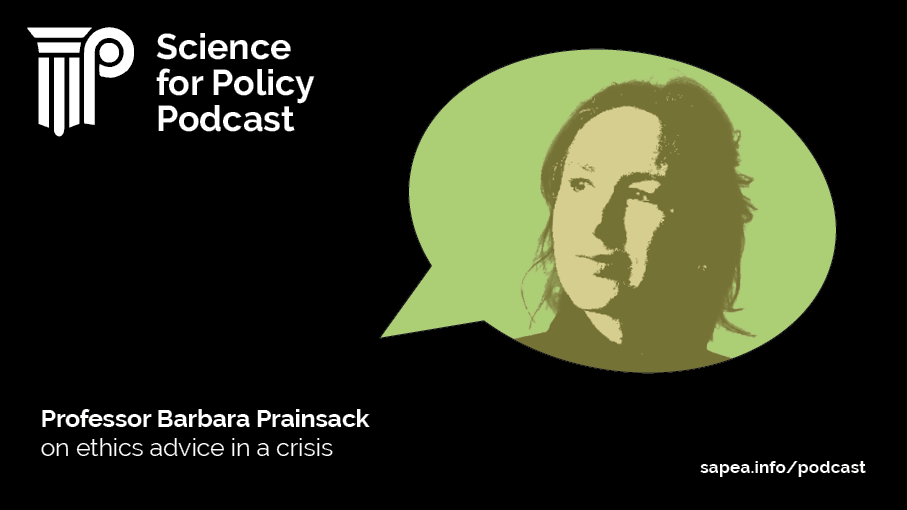YASAS in SAPEA
YASAS became an official member during the SAPEA+ project (2022). We have the task to develop, monitor, and support the implementation of a strategy to improve the involvement of EMCRs in SAPEA science for policy activities. Our network facilitates the participation of Young Academies members in SAPEA Working Groups and Workshops, among others. In addition, … Read more



